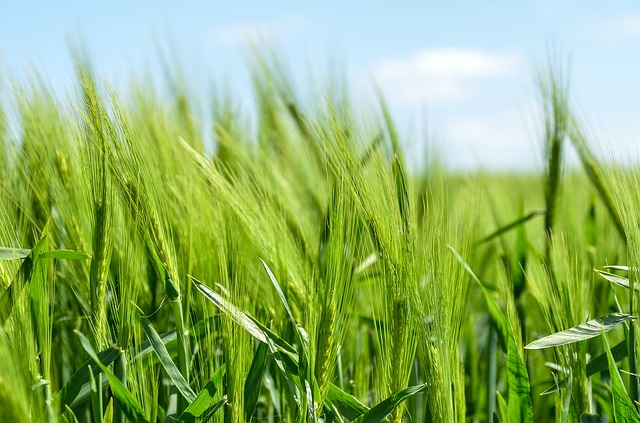Active farmers and crofters will benefit from the first instalment of convergence funding

Image: The Scottish Government has announced £80m package for active farming. Photo: courtesy of Free-Photos from Pixabay.
The Scottish Government has announced an initial £80m package to support active farming in the region.
The funding will be provided to the active farmers and crofters focused on the farming in the marginal uplands, hill farms and island areas.
The funding represents first tranche of UK Government’s £160m package
According to the Scottish Government, the funding is the first tranche of a £160m package the UK Government has agreed to pay to rectify a historic wrong relating to EU Common Agricultural Policy funding that it failed to pass on to Scotland between 2014 and 2020.
The payment is said to follow a sustained campaign by the Scottish Government and stakeholders.
On 4 September, the Chancellor announced that the UK Government will return £160m funding, which was denied to Scotland by earlier UK administrations.
As part of the last CAP reform, the UK qualified for £190m uplift, as a result of Scotland’s extremely low average rate per hectare. The UK would not have qualified for this funding without Scotland.
The UK Government has decided to distribute the funding across the UK, of which £30m is the share of Scotland and it was below £160m below what was due.
Scottish Government Rural Economy Secretary Fergus Ewing said: “In allocating this funding, I am conscious of the need to adhere to the spirit and original premise of convergence.
“This approach ensures that the money goes to where it was originally intended – with a significant proportion going to those farming in our marginal and remote areas. This funding will also meet my commitment to maintain support for farmers and crofters in the Less Favoured Area.
“I believe this approach gets the money to where it needs to be and will result in all eligible farmers and crofters either increasing or significantly increasing the money in their bank accounts. Brexit is by far the biggest threat to farming and this funding will help provide some security during these uncertain times.”
